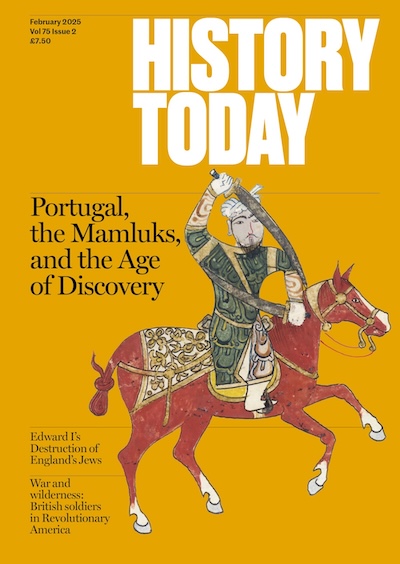Britain and France in North America
In the seventeenth and eighteenth centuries, writes Louis C. Kleber, the British came to America largely as settlers; the French as explorers and fortune-seekers.
North America was a glittering prize in the seventeenth and eighteenth-century imperial rivalry between Britain and France. It was known that there were furs, fish, abundant game and rich farming land, while, to the west, unknown wealth waited. Numerous Indian nations inhabited the wilderness of what is now the north-eastern United States and Canada.
They became part of the great struggle between Europe’s foremost powers and of vital consequence to the outcome. From the earliest days of French and English settlement, both sides recognized that the friendship or enmity of the Iroquois, the Abenaki, Huron and other Indians could be the catalyst of victory or defeat. The Iroquois Confederacy was of special importance.
No single Indian nation could match the power of this union of five: Mohawks, Cayuga, Oneida, Onondaga and Seneca who referred to themselves as the ‘people of the long house’. When the Tuscaroras joined the Confederacy in 1715, there were six nations.





